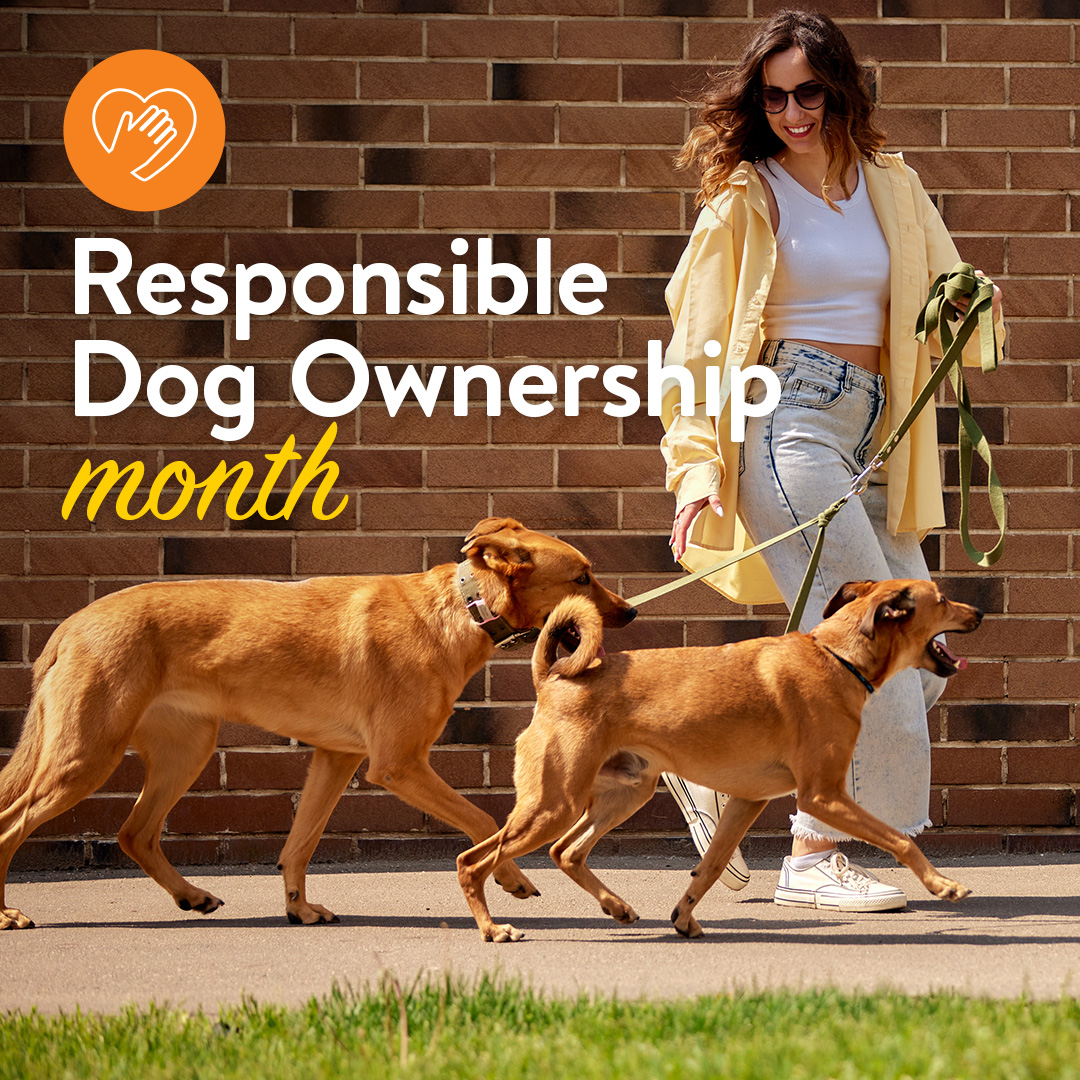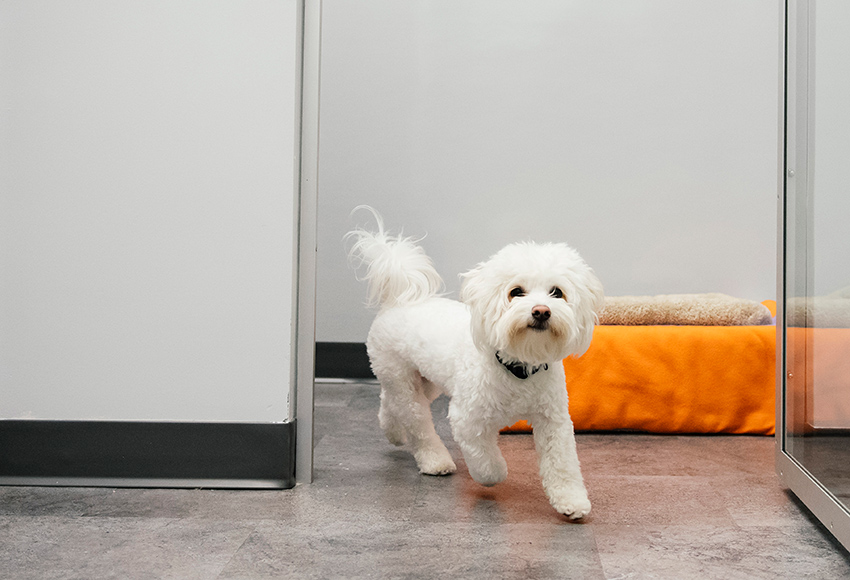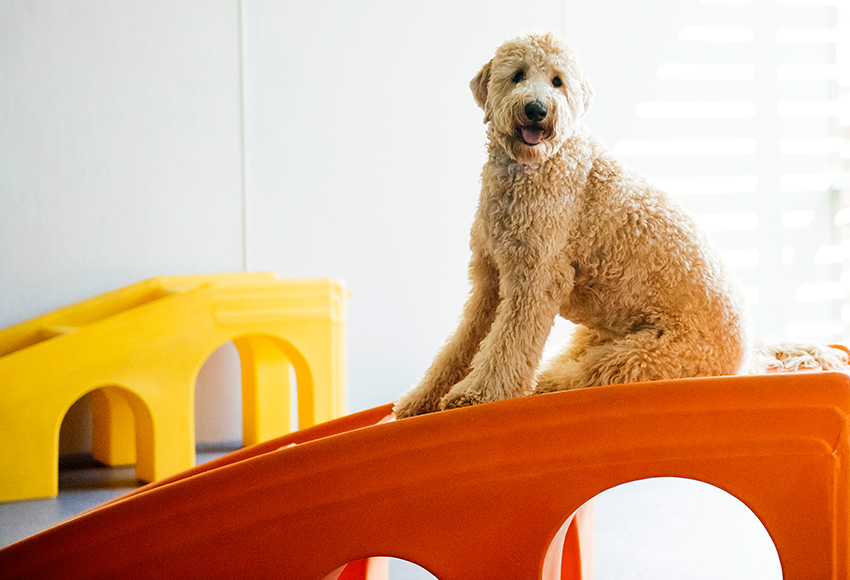Puppy Developmental Stages

Puppy Developmental Stages
Colleen Demling-Riley, Canine Behaviorist
Puppies go through several developmental stages that have implications in the playroom. Knowing these stages will give you a better understanding of why a puppy is behaving a certain way, how best to handle him, and also allow you to effectively communicate why these changes are happening to the pet parent.
Canine Socialization: 3 to 7 weeks – A puppy practices body postures and vocalizations and learns its effect on littermates. Learns to accept discipline from his mother and bite inhibitions.
Why is this stage important? If a pet parent mentions that their puppy was either hand-raised or removed from his mother or littermates, it may mean that he will be lacking some basic canine communication skills and might bite harder than other puppies when playing. It will be important to closely monitor the puppy to ensure he is responding appropriately to other dogs’ cues-especially during his first five days in the playroom.
First Fear Impact: 8 to 14 weeks – Any traumatic or stressful experience at this time will have a more lasting effect on the puppy vs. if the event had happened at any other stage. Lifelong fears and insecurities can be developed in reaction to a negative event.
Flight Instinct: 4 to 8 months -Puppy starts to test boundaries and seems to forget everythingthey once knew. This stage can last from days to weeks and occur at any time during the 4-8 months.
Why is this stage important? A sweet puppy will, essentially overnight, become difficult to manage. They will ignore commands and directions. They may get assertive with his BFFF or other dogs in the playroom. The puppy isn’t trying to be dominant or bad, he is simply trying to figure out his place in the world. Positive reinforcement and consistent rules are crucial in order to maintain control. The risk of scuffles increases if the pushy behavior is not managed appropriately.
Second Fear Impact: 6 to 14 months – Puppy suddenly becomes fearful of new situations or even things that are well known to them. This fear often corresponds with hormone changes or growth spurts. There could also be an increase in reactivity and guarding behavior. Some puppies will pass through this stage with no noticeable change. Others will have a big shift in behavior that lasts months.
Why is this stage important? If a parent notices the puppy is suddenly fearful of an object or situation, that information should be communicated to the entire team so best efforts can be made to manage the situation. The puppy should not be forced into the fearful situation, since it will only increase the fear. Instead, use positive reinforcement for all brave behaviors. To help prevent reactivity, instill strict guidelines like having the puppy sit before being pet in the playroom. The puppy may also need to switch playrooms during this stage.





